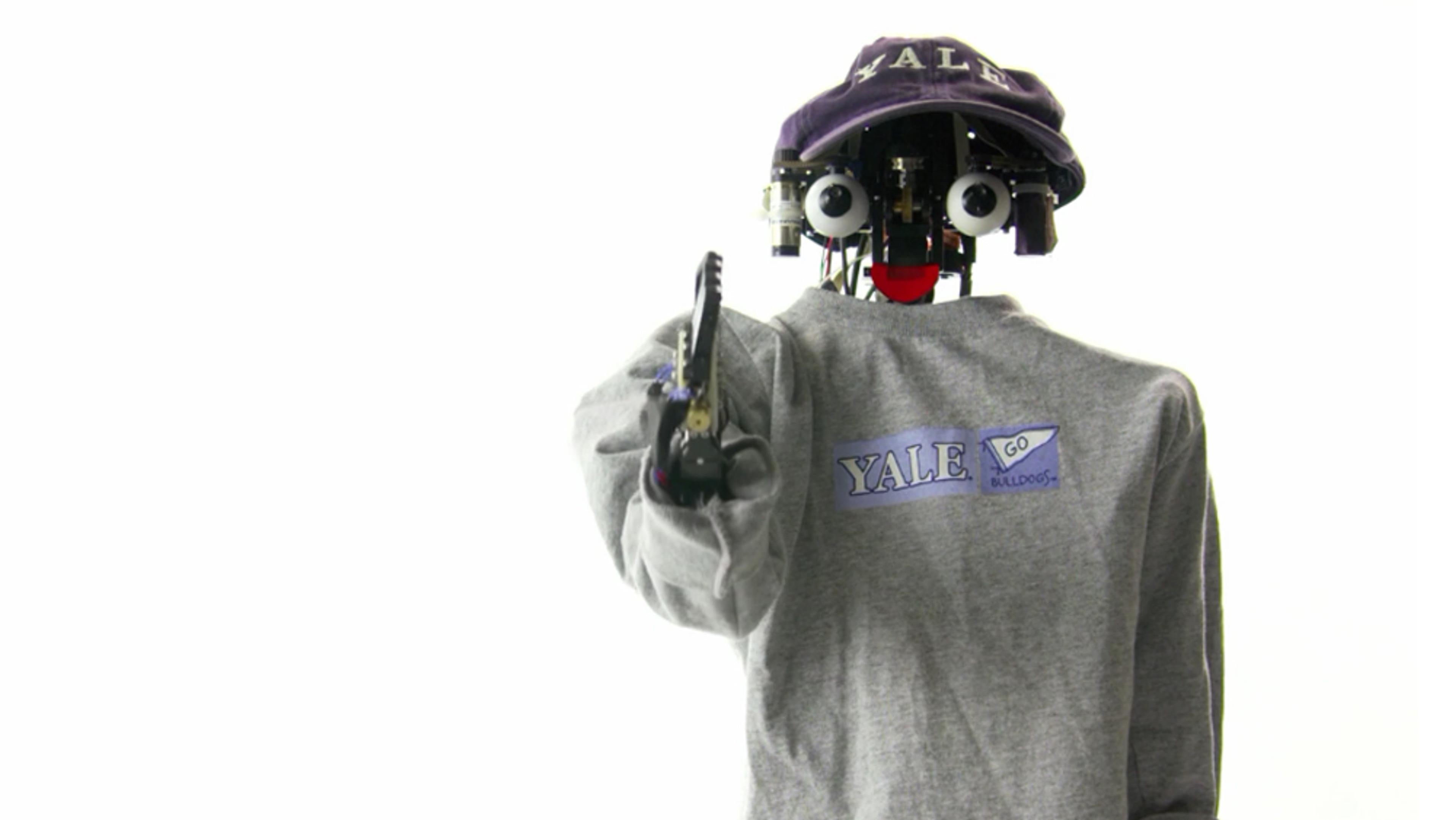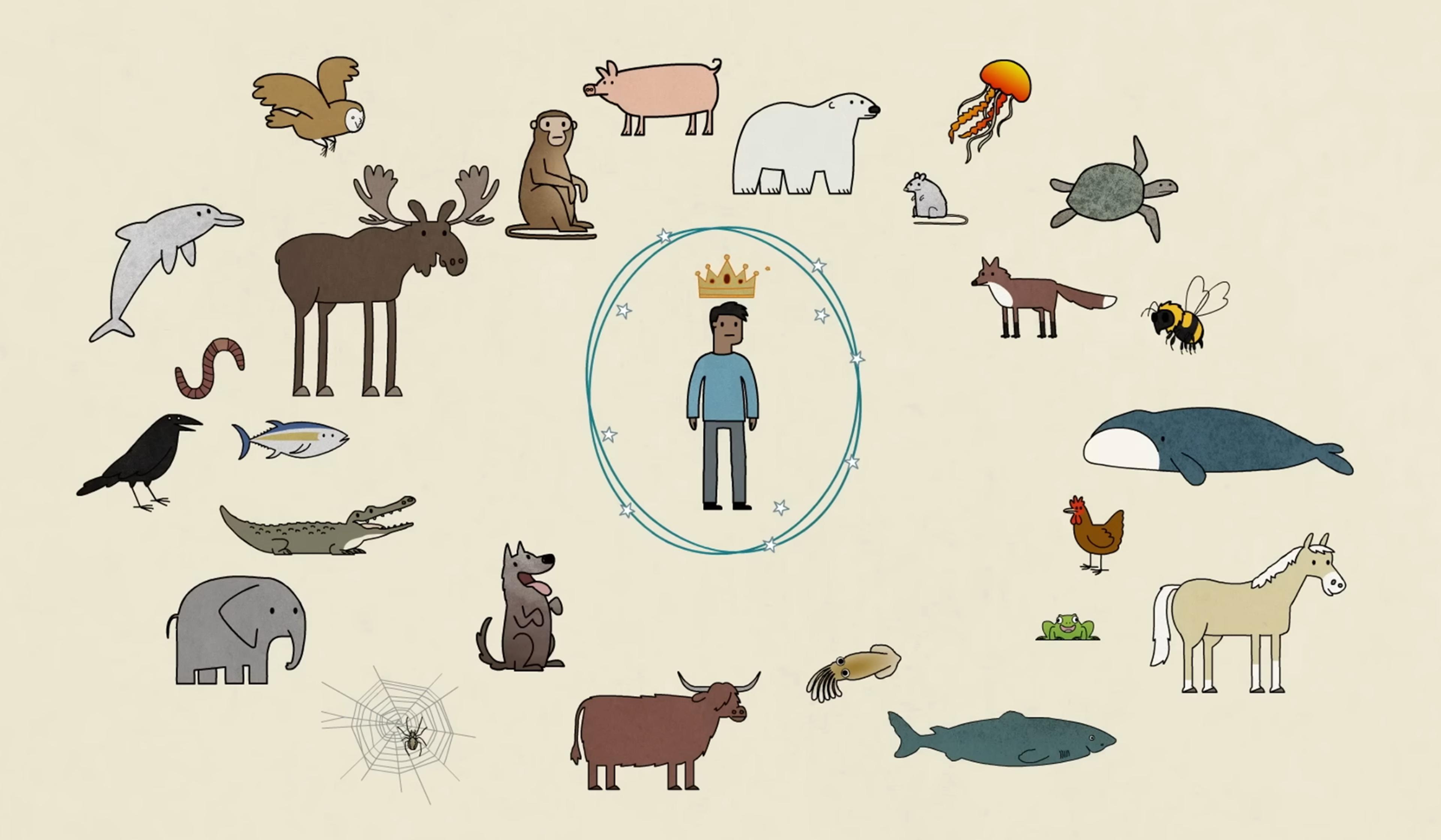Evolutionarily, pain exists to warn of potentially harmful and dangerous things in the environment, allowing us and other creatures to learn, respond and ultimately survive. Pain also triggers an emotional response in humans, which links the physical and the emotional experience in ways that are difficult to tease apart, though it does seem that empathy is one result of the emotional component of pain. For decades, scientists and researchers have constructed computers to mimic human neural networks. Recently, some advanced robots have been designed with self-preservation mechanisms that vaguely replicate a pain response. So to what extent should robots share in human pain? Combining interviews with experts from the University of Cambridge and elsewhere, together with clips from amusingly relevant science-fiction films and TV shows, Pain in the Machine explores whether there is a sense in which robots could come to experience pain, and probes the practical and ethical implications of equipping the next generation of robots with such a capacity.
Pain leads to empathy and self-preservation: should we make robots ‘feel’ it?
Directors: Colin Ramsay, James Uren
Researchers: Beth Singler, Ewan St John Smith
Website: Little Dragon Films

videoPleasure and pain
Interactive biofeedback sensors may be the future of treating chronic pain
4 minutes

videoCognition and intelligence
How do you get a robot to seem more like a human? You make it a liar robot
4 minutes

videoFuture of technology
Artificial ‘creativity’ is unstoppable. Grappling with its ethics is up to us
23 minutes

videoAutomation and robotics
Human as a process: What awaits us in the coming age of bio-enhancement?
3 minutes

videoTechnology and the self
Why we should worry less about ‘sentient’ AIs and more about what we’re teaching them
16 minutes

videoAutomation and robotics
Uncanny! Is this humanoid robot a curiosity, or a preview of a post-human world?
14 minutes


